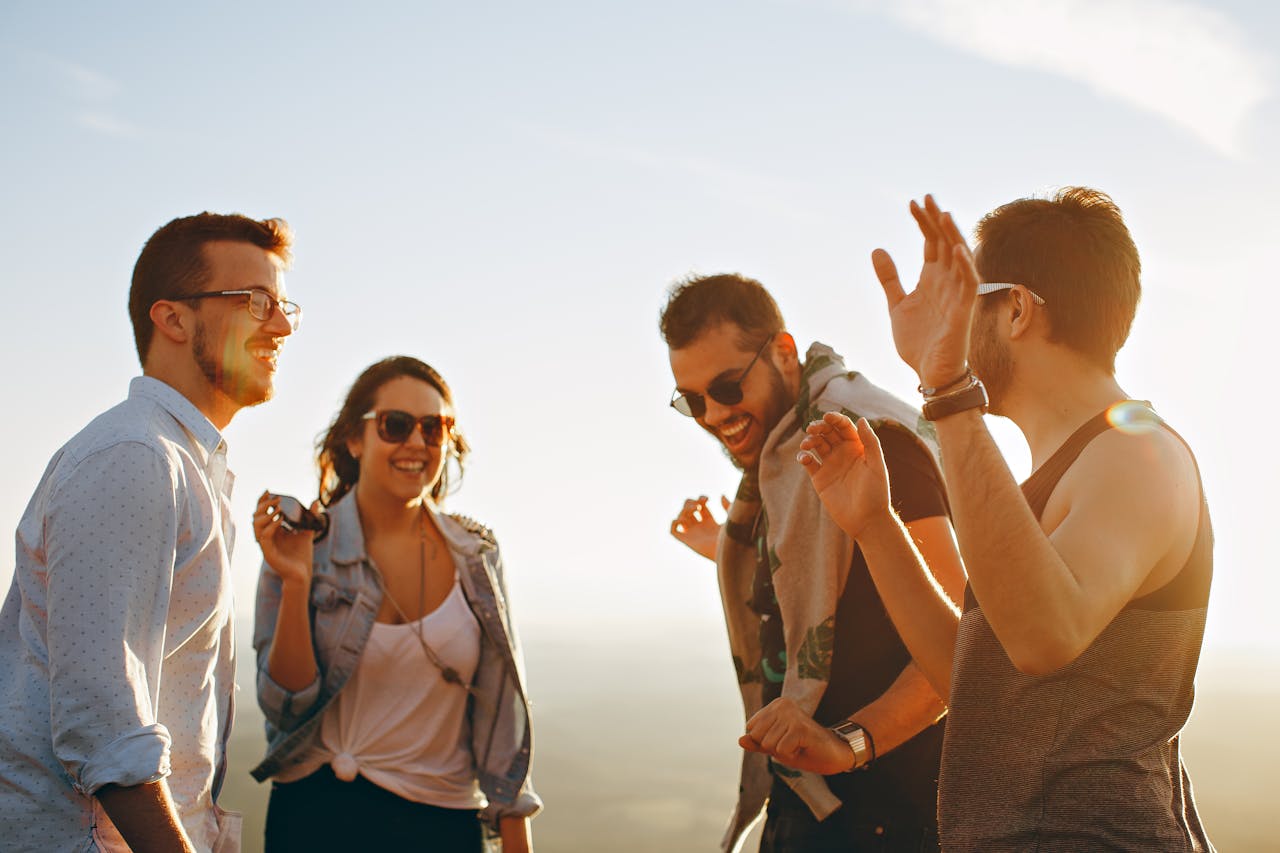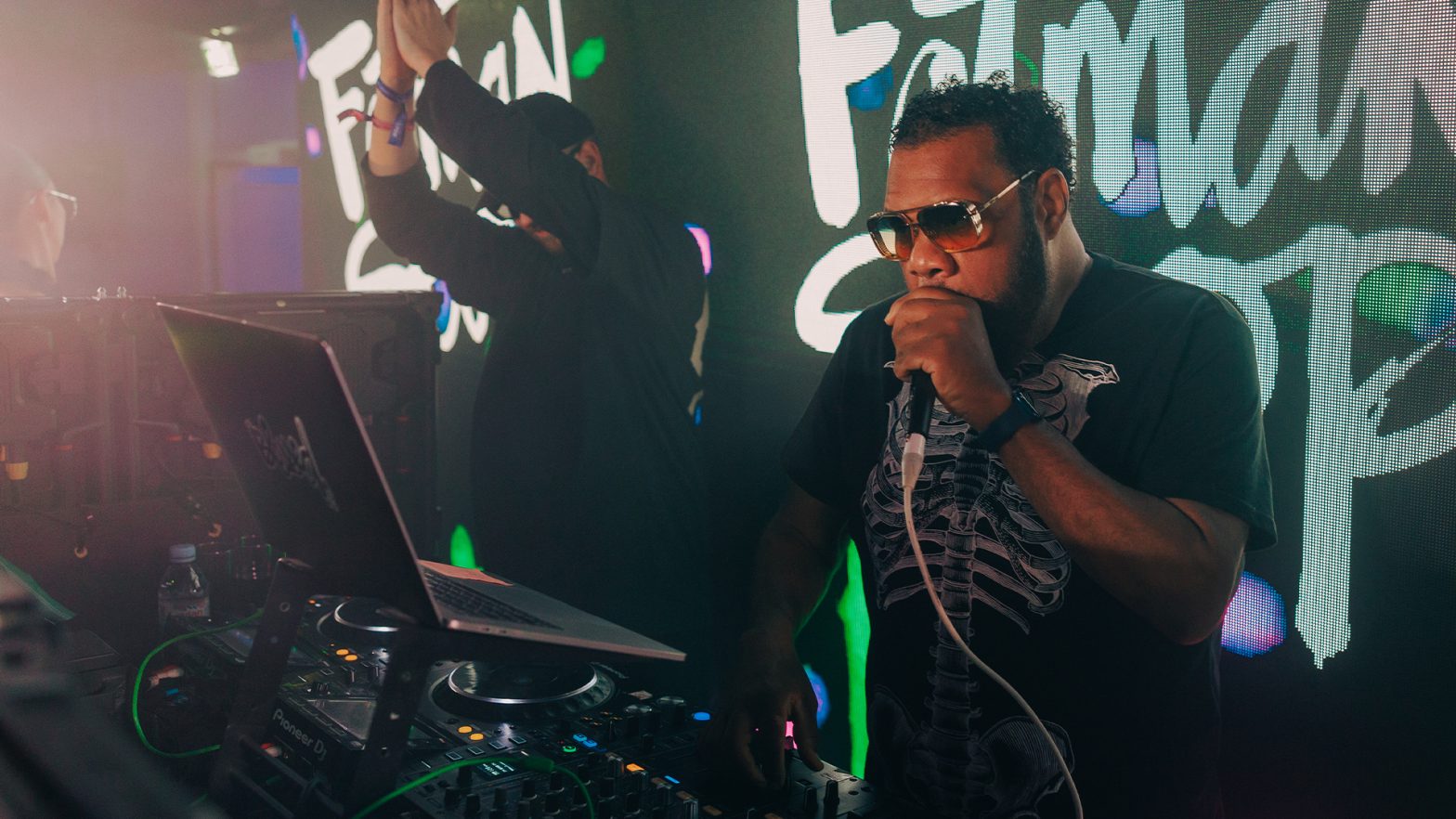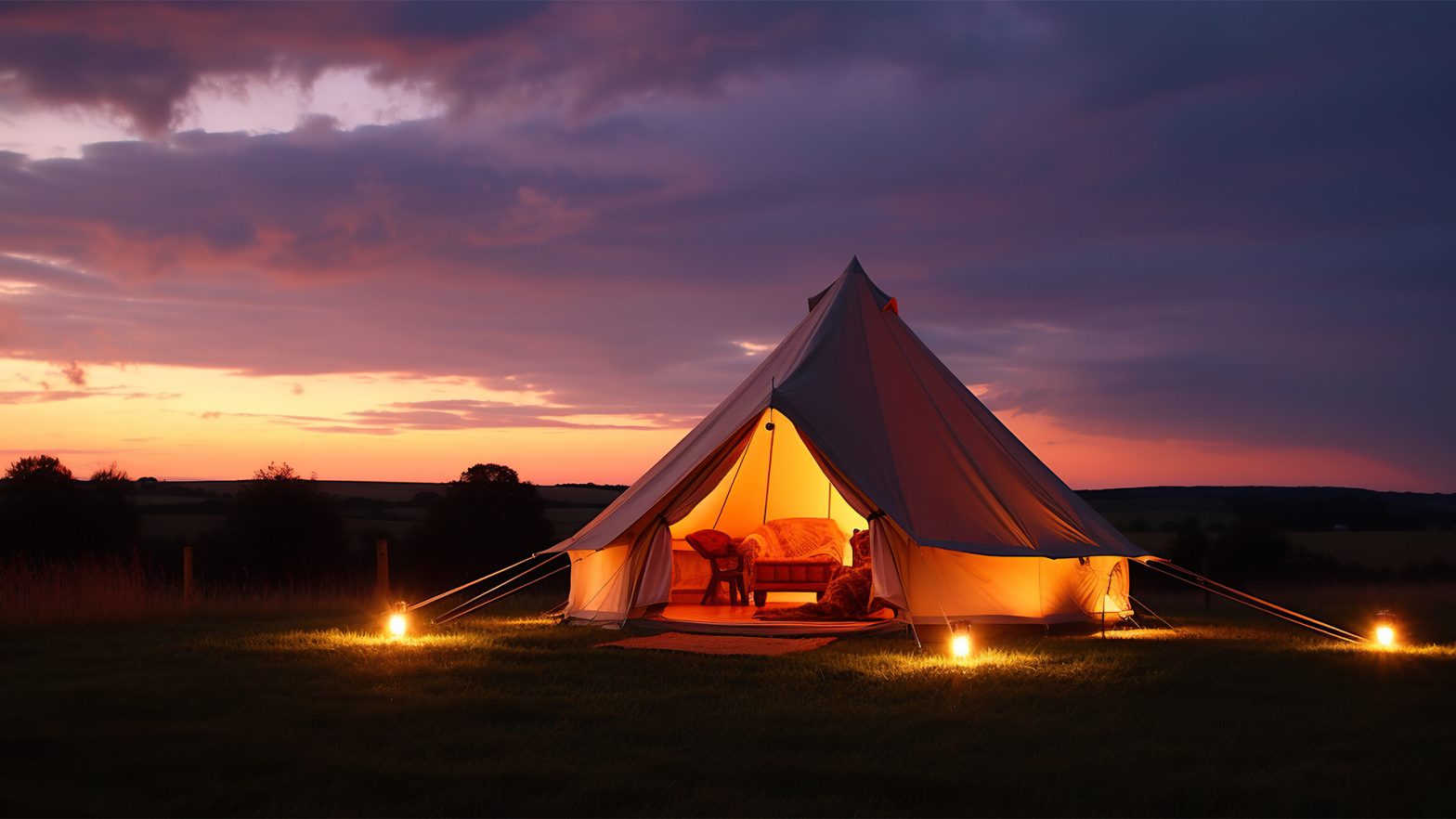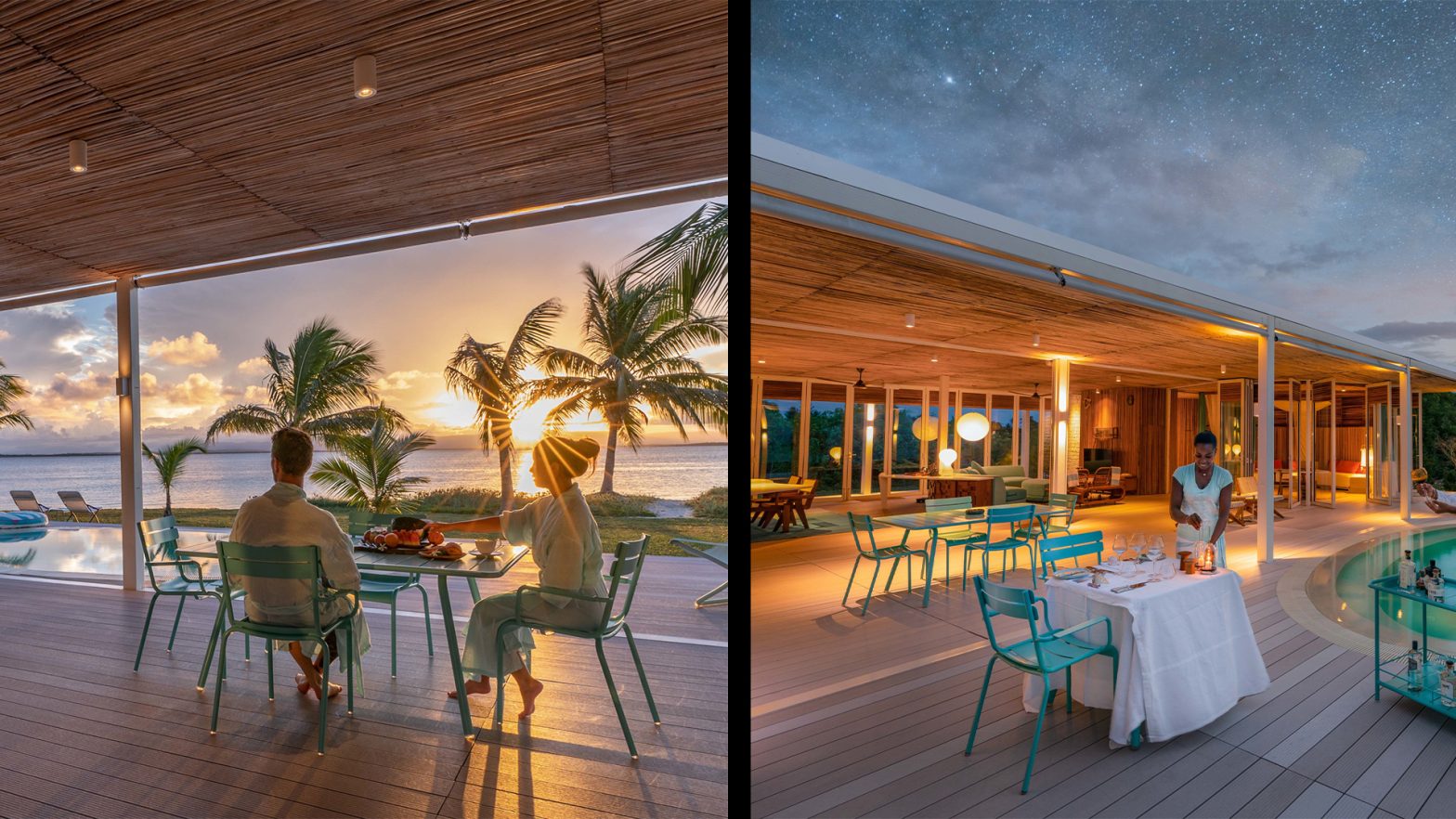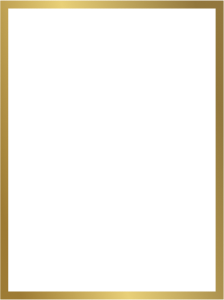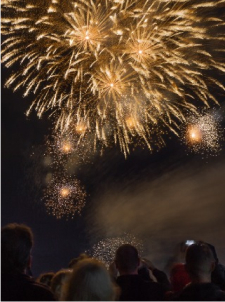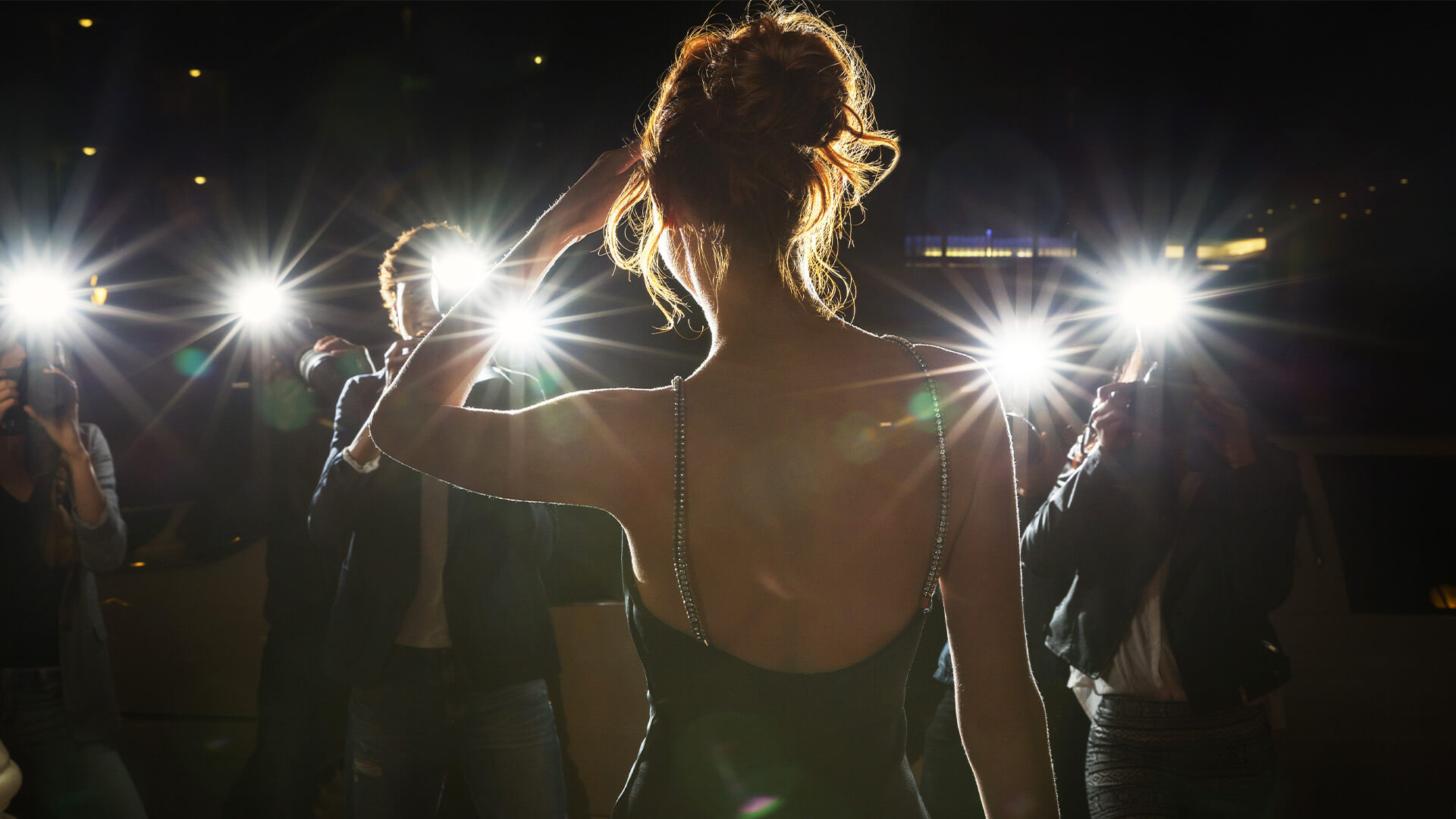
Today’s creative economy, worth a little over $100 billion, is made up of entrepreneurs who make a living through platforms like TikTok, YouTube, and Instagram. YouTube alone had given out $30 billion to producers over the previous three years as of the end of 2021.
Aspiring creators and entrepreneurs have been able to strike a balance between what they were enthusiastic about and what they thought could serve as an alternate source of income when they made the switch from office to work-from-home. This resulted in a shift from the “attention” economy, which was based on algorithms and attention spans, to the “creative” economy, which focused on defining a brand in a way that encourages more intimate involvement with a community.
As the creator economy grows in size and value, industry visionaries are beginning to take the lead in empowering, inspiring, and innovating consumers to be bold, secure, and creative in their digital journeys, ensuring that no one is “left behind” in our changing digital frontier. How? By endorsing luxury brands and products that assist in bridgin the gap between and among Hollywood, consumers, and the beauty industry. The following are the major tendencies emerging:
1. Bridging the Disconnect Between Hollywood and Consumer Experiences
While the beauty industry has always been resilient, current events have allowed creators to find new ways to express their creativity and beauty while in quarantine. As a result of two years of isolating social separation, grisly lockdowns, tragic losses, and financial duress, the byproducts of those routes are now finding their way into in-person conversations and engagements.
Inevitably, consumers have grown accustomed to being “too comfortable” from the comfort of their couches and bedrooms, and are experiencing some anxiety when they adjust to in-person engagements. With the resurgence of live events, Hollywood is looking for new methods to empower creators to feel confident and beautiful “on the move” — whether on the red carpet or strolling through New York’s streets — with the use of portable photography and lighting equipment.
We’re seeing a shift in luxury goods sold to the creator economy, with brands aiming to empower customers and producers to look their best while still feeling comfortable and creative.
2. Product placement ensures the longevity of our favorite brands
In today’s creative economy, product placement must be tastefully deliberate, as even the smallest misjudgment can permanently empower or forever harm your professional brand.
Lorenzo Rusin, a Hollywood product placement specialist, frequently speaks out about the significance of discreet brand integration in today’s creator economy. Rusin has spent most of his 25-year career dealing with high-end luxury brands, deliberately inserting them in major studio films such as Coming 2 America, The Irishman, and Terminator: Dark Fate, to name a few.
In recent years, cinematic series such as James Bond, Mission: Impossible, and Top Gun have underlined the growing relevance of product placement. Creator placements might be as minimal as necessary, but they must be tasteful. Do you recall the Game of Thrones coffee cup mishap? Starbucks experienced unintended marketing and call-outs on social media due to the similarity of the cardboard coffee cups.
3. Live-Engagement Is Always In Style
Apps like Cameo, Community, and TrueFans have risen in popularity, allowing users to request video greetings from celebrities. Beyond the personalized shout-out, fans have fewer options for requesting specific things or experiences from that star.
Celeb Gap is a celebrity-fan engagement platform that allows fans to request video gaming sessions and “participate in real-time experiences” with their favorite celebrities, such as live streamers, gamers, reality stars, authors, and motivational speakers. It was founded by CEO Carl Padilla in 2019. Fans will be able to interact with their favorite celebrities through a number of digital platforms.
With the year 2022 well underway, we can expect the luxury and creator economies to continue to converge as more and more household names realize the value of strategically associating with select creators to help expand brand integrity, usefulness, and overall appeal. Consumers are creating a more sophisticated palette for what they regard to be fashionable and desirable in their online groups.








